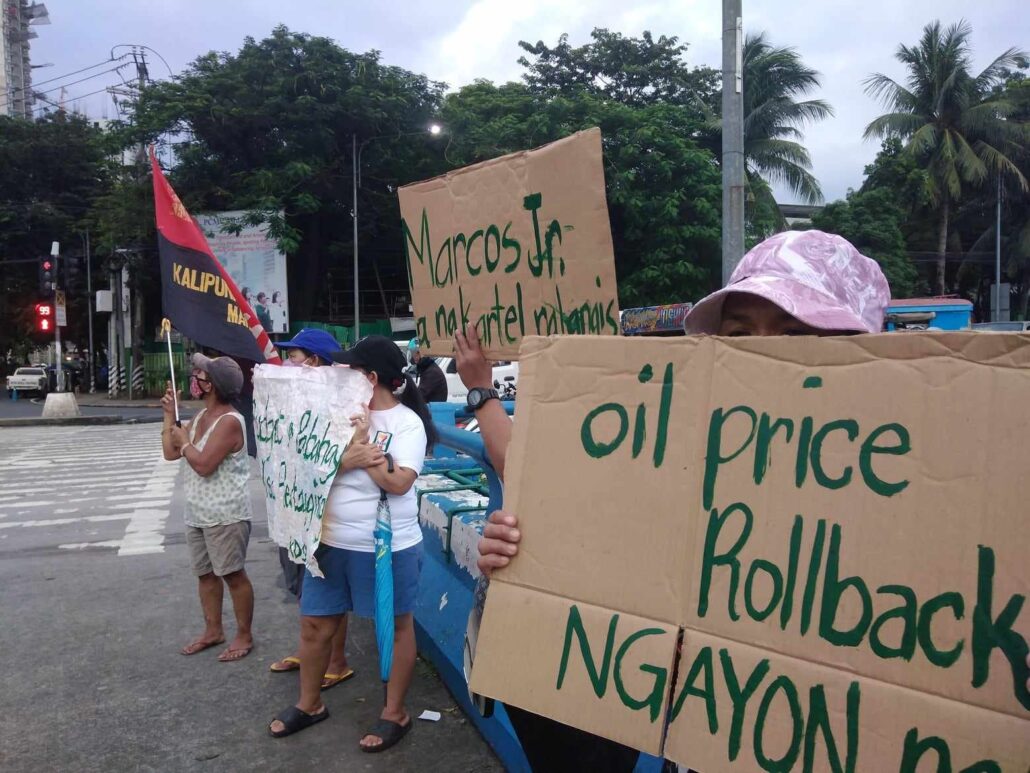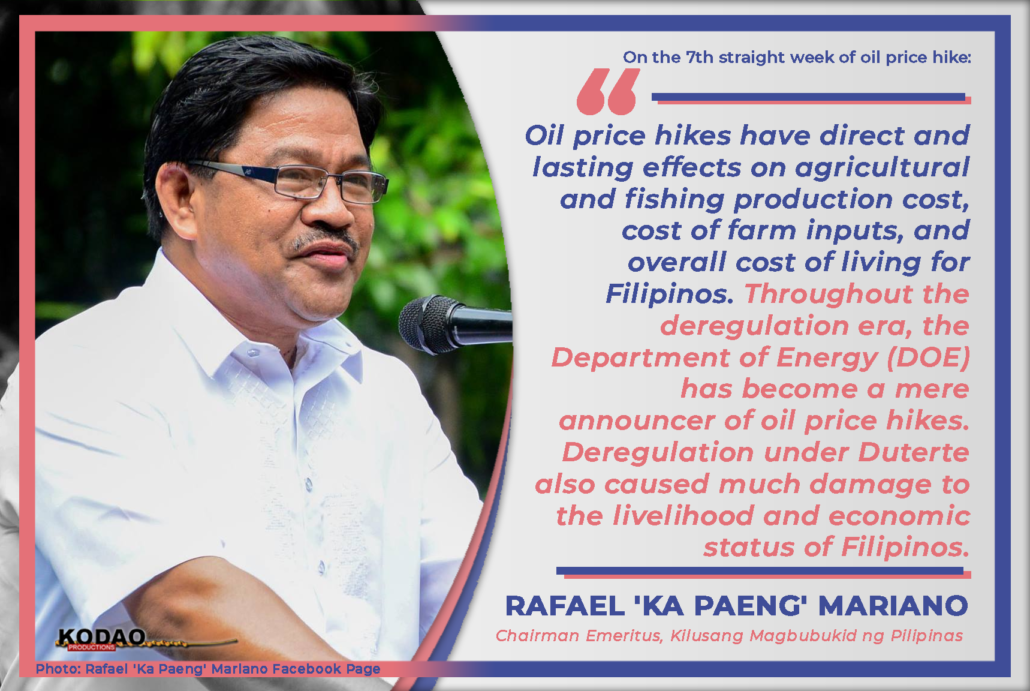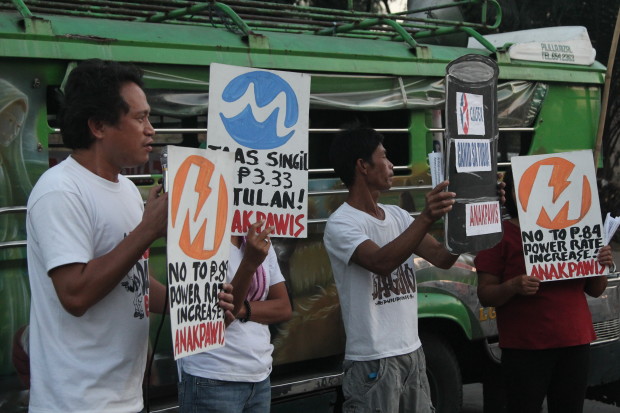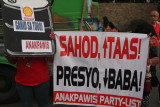Groups renew call to repeal oil deregulation law after today’s big-time price hike
By Nuel M. Bacarra
Transport group Pagkakaisa ng mga Samahan ng Tsuper at Operator Nationwide (PISTON) condemned the big-time oil price hike that took effect today, August 8, and demanded that the Ferdinand Marcos Jr. government repeal the Oil Deregulation Law and suspend the expanded value added and excise tax on petroleum products.
According to the group, the increases on fuel prices are triggered by the Downstream Oil Industry Deregulation Act (Republic Act 8479) that had been wreaking havoc on the livelihood of public utility vehicles (PUV) drivers and small operators since the start of its implementation in 1998.
For the fifth consecutive week since last month, oil companies implemented price increases, this time to an average of P4.10 increase per liter of diesel and P0.50 per liter of gasoline.
Today’s oil price increase had been the steepest since July 11.
PISTON national president Mody Floranda said, “Oil price increases in the country are expected by the Department of Energy to continue in the succeeding weeks, and the inaction of the Marcos administration (on petitions to repeal the law) is a direct attack on the livelihood of the drivers and the people.”
In the last four weekly oil price hikes alone, PISTON said jeepney drivers lost an average of P90.00 per day or a total of P2,250.00 a month.
The group pointed out that this development came after Marcos Jr. said in his State of the Nation Address less than three weeks back that Filipinos are benefitting from so-called reduction in prices of commodities.
Meanwhile, Bagong Alyansang Makabayan (BAYAN) clarified that the latest spate of price hikes could not be blamed on oil exporting countries alone.
Bayan secretary general Raymond Palatino said Saudi Arabia’s plan to cut down oil production by one million barrels a day has yet to take effect by September.
“There’s no actual cut yet, no reduction in production yet. [There is] only news that they will reduce production and yet the prices already increased,” Palatino complained.
“The one that really benefits from the oil price hikes is the government because of its excise tax and VAT (value-added tax) on oil products. It is fine if the government really uses it for the people. But based on their budget (2024) proposal, where will it go? To confidential funds, foreign trips, Maharlika!” Palatino added.

The Department of Transportation (DoTr) earlier said the government is set to release P2.95 billion worth of fuel subsidies for PUV operators and drivers “to cushion the impact of the increase in fuel prices”.
The financial assistance package will also cover tricycle drivers and delivery riders, the agency said last Sunday.
“We will make sure that the assistance to our PUV drivers will be distributed immediately so they can use it, pay for their fuel and improve their daily income,” transportation secretary Jaime Bautista said.
PUV drivers will receive a one-time cash grant from the Land Transportation Franchising and Regulatory Board while the Department of Interior and Local Government and the Department of Information and Communications Technology will hand out the financial assistance to tricycle drivers and delivery services riders, respectively.
The financial aid will be given through the beneficiaries’ cash cards, the government announced.
Yesterday, Monday, members of the urban poor group Kalipunan ng Damayang Mahihirap (KADAMAY) held a protest event at the corner of Quezon Avenue and Agham Road in Quezon City against the latest series of oil price hikes.
KADAMAY said they also demand the abolition of the excise tax on oil prices and the junking of the oil deregulation law.
The group said that in addition to the fact that most PUV drivers are residents of urban poor communities, the series of oil price hikes also drive the prices of basic commodities to go higher and cause further hardships to the people. #





